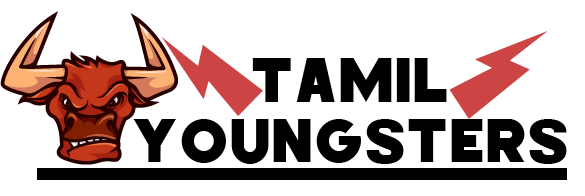The new tenets, taking into account the standards of "unhindered internet," act to give measure up to chance to Internet speeds and access to sites.
The focal inquiry was whether system holders - like Comcast (CMCSA) or Time Warner Cable (TWC) - can separate what runs on their links. The FCC's answer on Thursday was: No.
The Democratic-drove commission sanction 3-to-2, part along partisan principals, to declare additional government power over the Internet.
Presently for the wild claims on both sides: "We spared the Internet!" or "We've pulverized it with government administration!"
Don't accept the buildup. Take a full breath. It's a long, precarious street ahead.
The FCC rules won't be official until possibly late spring. At that point real telecom organizations will challenge new standards in court. A judge may put the tenets on hold. The following president, if Republican, could let this failure away.
That is the reason, in the close term, nothing changes. No, Netflix won't all of a sudden stream any quicker. No, AT&T and Comcast won't suddenly quit setting down fast fiber links in your neighborhood as striking back. What's more yes, Netflix can in any case cut manages broadband organizations for speedier access to a system.
So what simply happened, precisely? The FCC simply conceded itself the ability to thrashing a boiling over, flame breathing beast: the monopolistic system holders who can slaughter Internet flexibility by blocking sites - or by making an Internet fast track for the advantaged, few, rich tech organizations that can pay for it.
Anyhow this creature is really an apparition hazard. Without a doubt, before, telecoms have been spooks. Verizon blocked Google Wallet. AT&T blocked feature talking applications. Comcast eased off document offering administrations like BitTorrent. Rustic phone supplier Madison River obstructed Vonage's over-the-Internet telephone calls. In any case, the FCC utilized existing guidelines to settle those issues.
The new guidelines basically keep up the present state of affairs. The Internet beyond any doubt feels free today. It'll feel the same way tomorrow.
That is the reason some stress over how the FCC simply guaranteed internet fairness. To authorize reasonableness leads, the office will direct system holders by scooping them up under Title II of the 1934 Telecommunications Act, a particular set of regulations that apply to telephone organizations. Telecoms say the tenets don't coordinate the administrations they give. They don't believe the FCC's guarantee that it will apply just a minor portion of those tenets and won't direct rates and expand charges.
"Certifications like these don't have a tendency to keep going since quite a while ago," cautioned Republican FCC Commissioner Ajit Pai. "Expect ... regulation to ratchet up over the long haul."
Then, Tom Wheeler, the FCC executive who dumped his unique dialed-back arrangement for this one, guaranteed this isn't an administration force snatch.
"This is no more an arrangement to direct the Internet than the First Amendment is an arrangement to manage free discourse," he said. "They both stand for the same idea: openness, outflow and a nonappearance of guards."
How could we have been able to we begin thinking about this? Credit entertainer John Oliver, who got enough viewers of his HBO demonstrate that a record 4 million Americans sent remarks to the FCC.
He surrounded it from the perspective of the normal individual managing their Internet administration supplier. Arrangements are extravagant, administration is mysteriously spotty and you have minimal decision. Obviously, the system holders are the awful fellows.
Amid Thursday's listening to, the confirmation of the individuals who talked for the FCC's new decides all took that populist tone. Etsy CEO Chad Dickerson said thanks to the FCC for "securing the Internet as a motor for financial open door." Celebrated technologist Sir Tim Berners-Lee said this guarantees present day business visionaries the same open door he had when he made the World Wide Web 26 years back.
After the vote, President Obama issued this announcement through Twitter: "Today's FCC choice will secure advancement and make a level playing field for the up and coming era of ambitious people."
At the same time hold up, there's a third alternative. As this battle goes through the courts, Congress has the chance to remain up and compose decides that work as well.
When its all said and done, both system holders and the sites that stream information through them have a point. By and large blocking and against aggressive conduct is uncalled for and ought to be illicit. Then again, for specialized reasons, system managers need to oversee activity. Your feature stream needs to move speedier than your email for your experience to feel smooth.
That is the reason commentators call the Title II methodology - what the FCC did today - a gruff instrument. In any case its not clear that its as magnificent - or horrendous - as everybody says.
Burglarize Atkinson, president of the Information Technology and Innovation Foundation, an innovation approach research organization, mourns how the discussion has spiraled wild.



Post a Comment
0 Comments